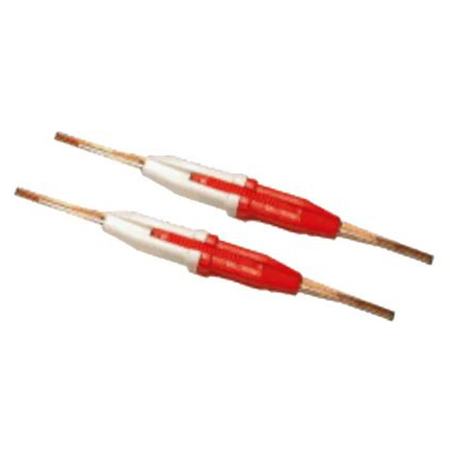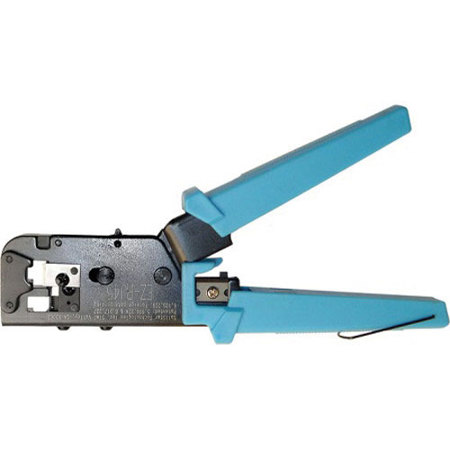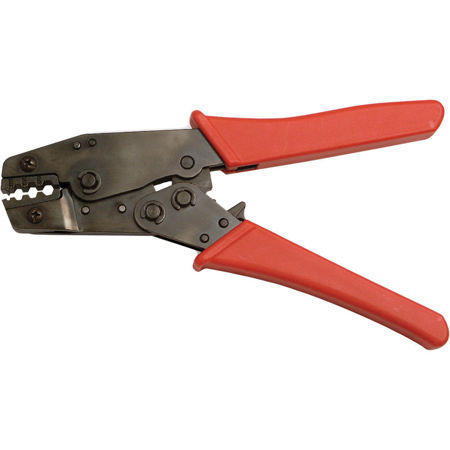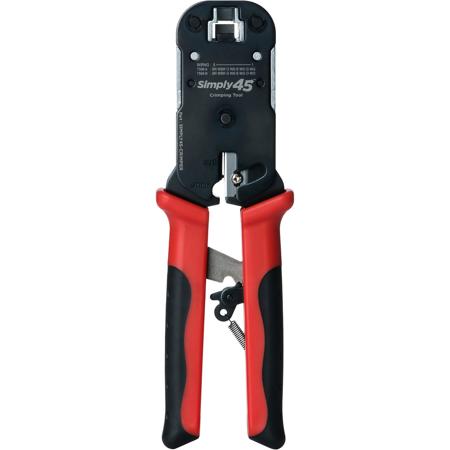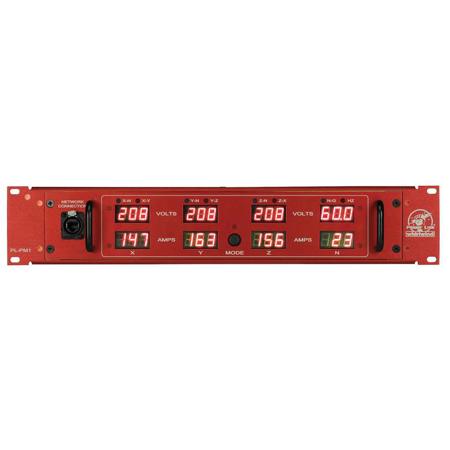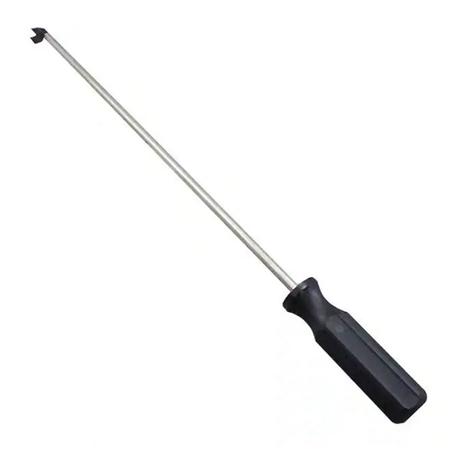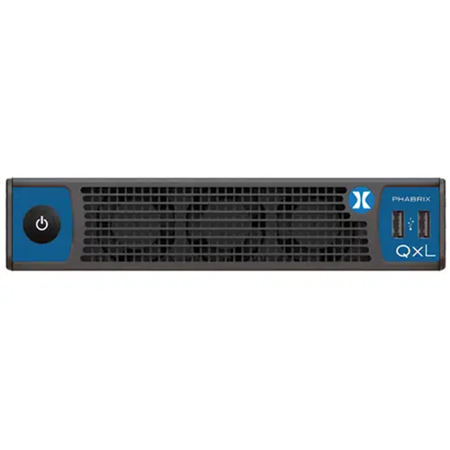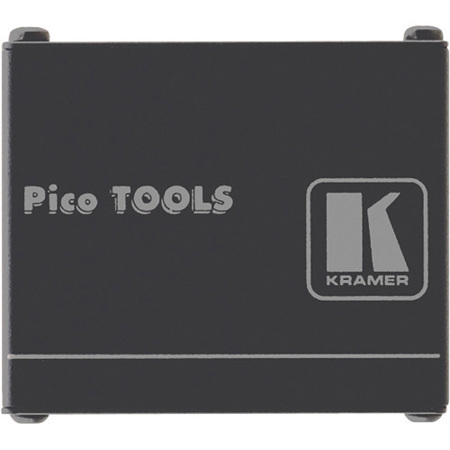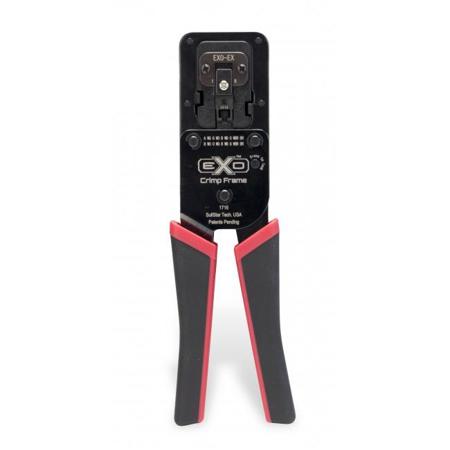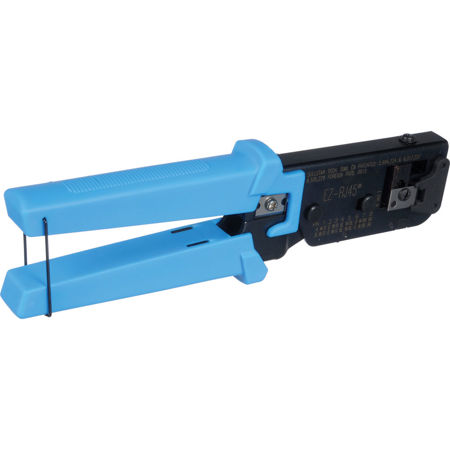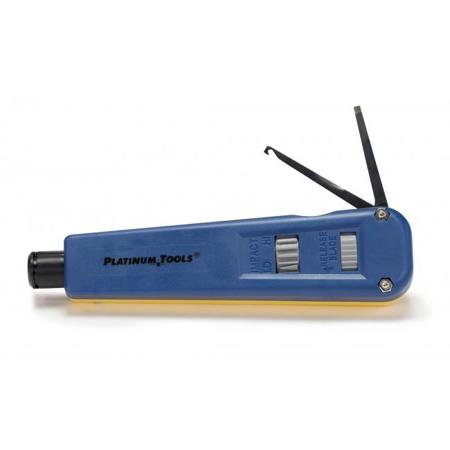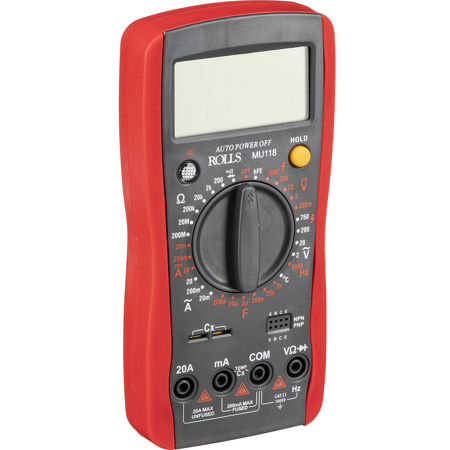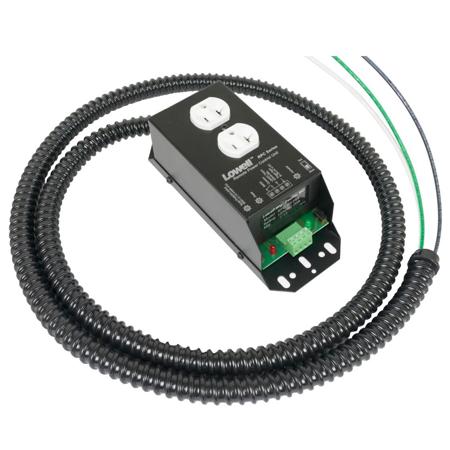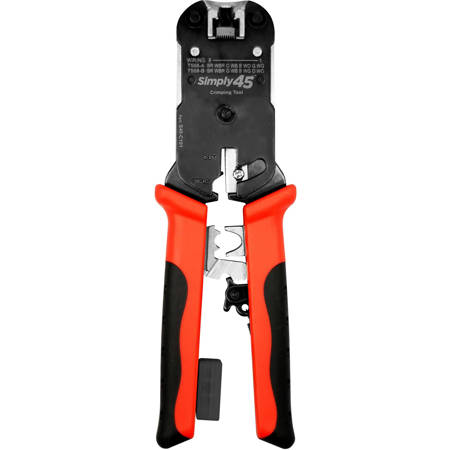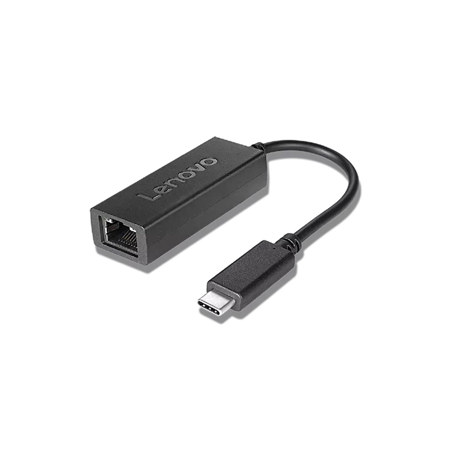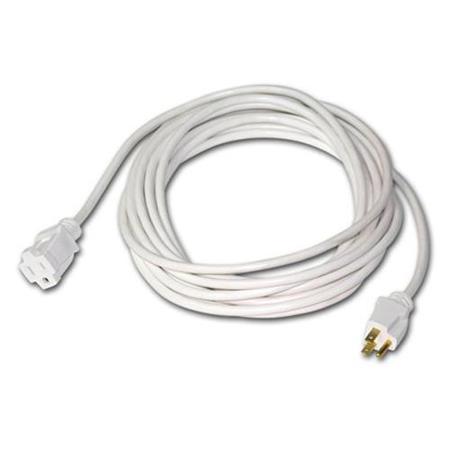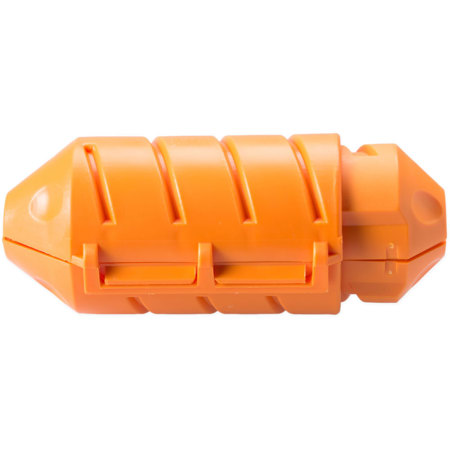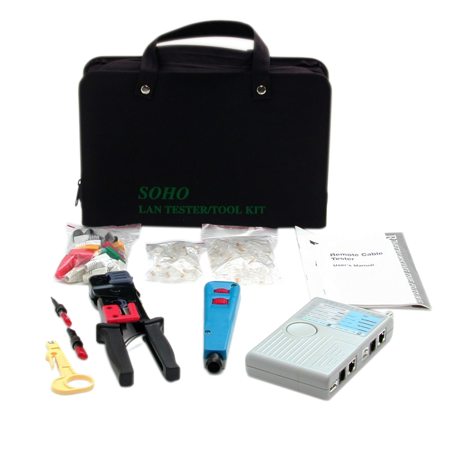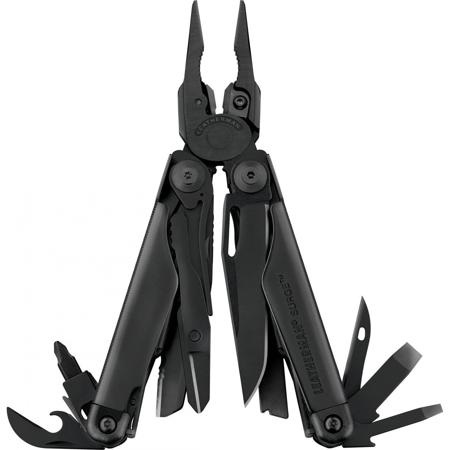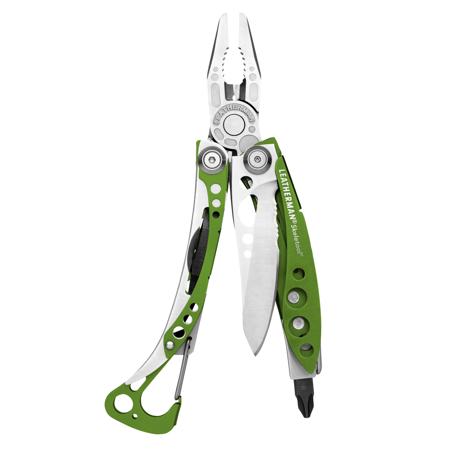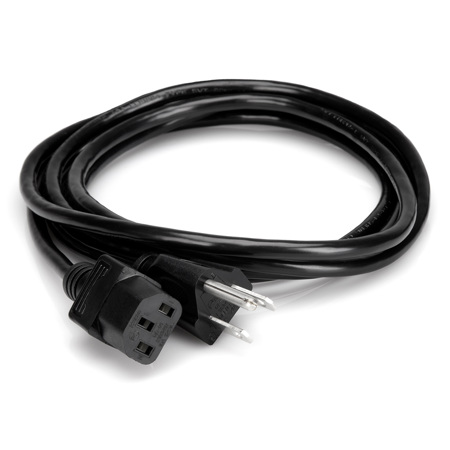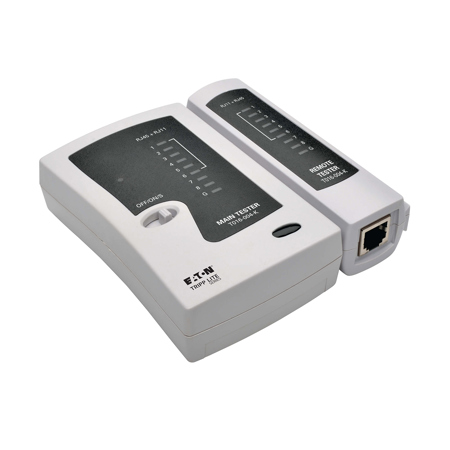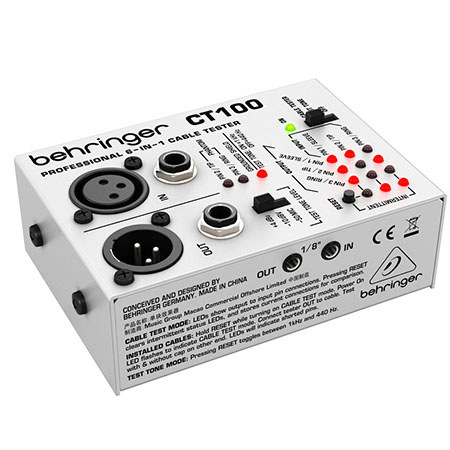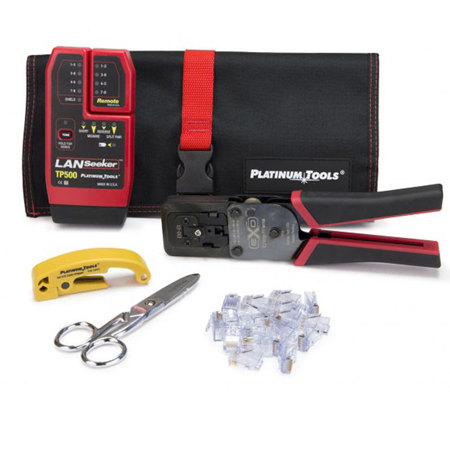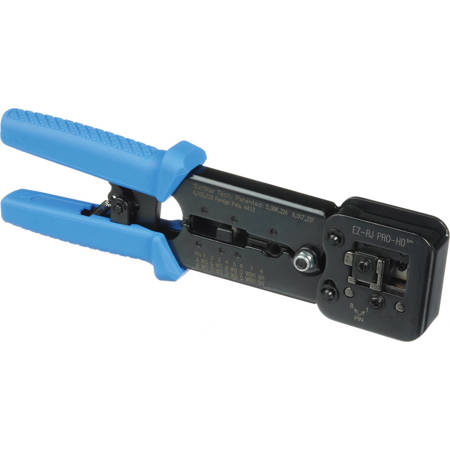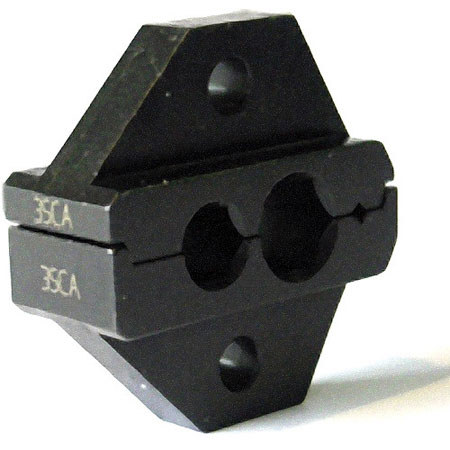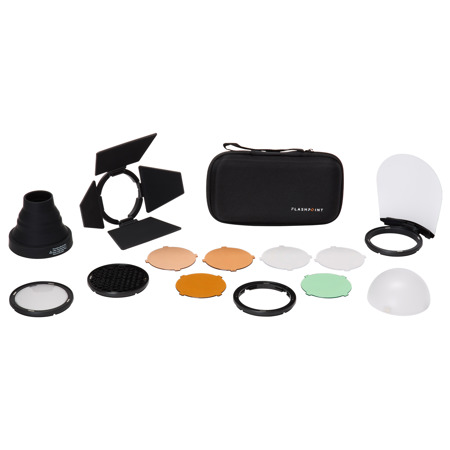Tools For Electrical Engineers
Electrical engineering is a field where precision, reliability, and efficiency are paramount. The right tools for electrical engineers serve as the foundation for everything from circuit design and troubleshooting to large-scale power system analysis. Whether you’re a seasoned professional working on industrial automation or a student delving into the basics of electronics, having access to a comprehensive toolkit is essential. Basic hand tools like pliers, wire strippers, and screwdrivers are indispensable for everyday tasks such as preparing wires, assembling components, and making quick repairs. These tools, often complemented by items like electrical tape, cable ties, and measuring tapes, ensure that installations are not only functional but also organized and safe. For those venturing into more advanced work, soldering irons and related supplies become crucial for creating durable, permanent connections on circuit boards—a skill that’s as much art as science, often honed over years of hands-on experience.
As projects grow in complexity, so does the need for sophisticated measurement and testing equipment. Multimeters, oscilloscopes, and logic analyzers are the workhorses of any electrical engineer’s bench, providing real-time insights into voltage, current, resistance, and signal integrity. These tools are invaluable for diagnosing faults, validating designs, and ensuring that systems operate within specified parameters. Power supplies and signal generators enable engineers to simulate real-world conditions, while spectrum analyzers and power quality analyzers offer deeper analysis for applications like RF design or power distribution. Safety equipment—insulated gloves, safety glasses, and proper grounding testers—should never be overlooked, especially when working with high-voltage systems or in environments where personal protection is non-negotiable. As summer transitions into the academic year, now is an ideal time for students and professionals alike to review and refresh their toolkits, ensuring they’re prepared for the challenges and opportunities that lie ahead.
Beyond physical instruments, today’s electrical engineers rely heavily on software tools for simulation, design, and project management. Platforms for circuit simulation, mathematical analysis, and schematic drafting streamline workflows and reduce the risk of costly errors. Development boards and sensors, such as those used in prototyping and IoT projects, bridge the gap between theory and practical implementation. These tools aren’t just for working engineers; they make thoughtful, practical gifts for students embarking on their engineering journey, educators equipping their labs, or hobbyists eager to dive deeper into electronics. For those interested in maintenance, repair, or DIY projects, there’s a natural overlap with resources found in our Tools For Electronics Repair collection, which complements any well-rounded electrical engineering toolkit. Ultimately, investing in high-quality, reliable tools is more than just a matter of convenience—it’s about empowering creativity, ensuring safety, and enabling innovation in every project, big or small.
As projects grow in complexity, so does the need for sophisticated measurement and testing equipment. Multimeters, oscilloscopes, and logic analyzers are the workhorses of any electrical engineer’s bench, providing real-time insights into voltage, current, resistance, and signal integrity. These tools are invaluable for diagnosing faults, validating designs, and ensuring that systems operate within specified parameters. Power supplies and signal generators enable engineers to simulate real-world conditions, while spectrum analyzers and power quality analyzers offer deeper analysis for applications like RF design or power distribution. Safety equipment—insulated gloves, safety glasses, and proper grounding testers—should never be overlooked, especially when working with high-voltage systems or in environments where personal protection is non-negotiable. As summer transitions into the academic year, now is an ideal time for students and professionals alike to review and refresh their toolkits, ensuring they’re prepared for the challenges and opportunities that lie ahead.
Beyond physical instruments, today’s electrical engineers rely heavily on software tools for simulation, design, and project management. Platforms for circuit simulation, mathematical analysis, and schematic drafting streamline workflows and reduce the risk of costly errors. Development boards and sensors, such as those used in prototyping and IoT projects, bridge the gap between theory and practical implementation. These tools aren’t just for working engineers; they make thoughtful, practical gifts for students embarking on their engineering journey, educators equipping their labs, or hobbyists eager to dive deeper into electronics. For those interested in maintenance, repair, or DIY projects, there’s a natural overlap with resources found in our Tools For Electronics Repair collection, which complements any well-rounded electrical engineering toolkit. Ultimately, investing in high-quality, reliable tools is more than just a matter of convenience—it’s about empowering creativity, ensuring safety, and enabling innovation in every project, big or small.
